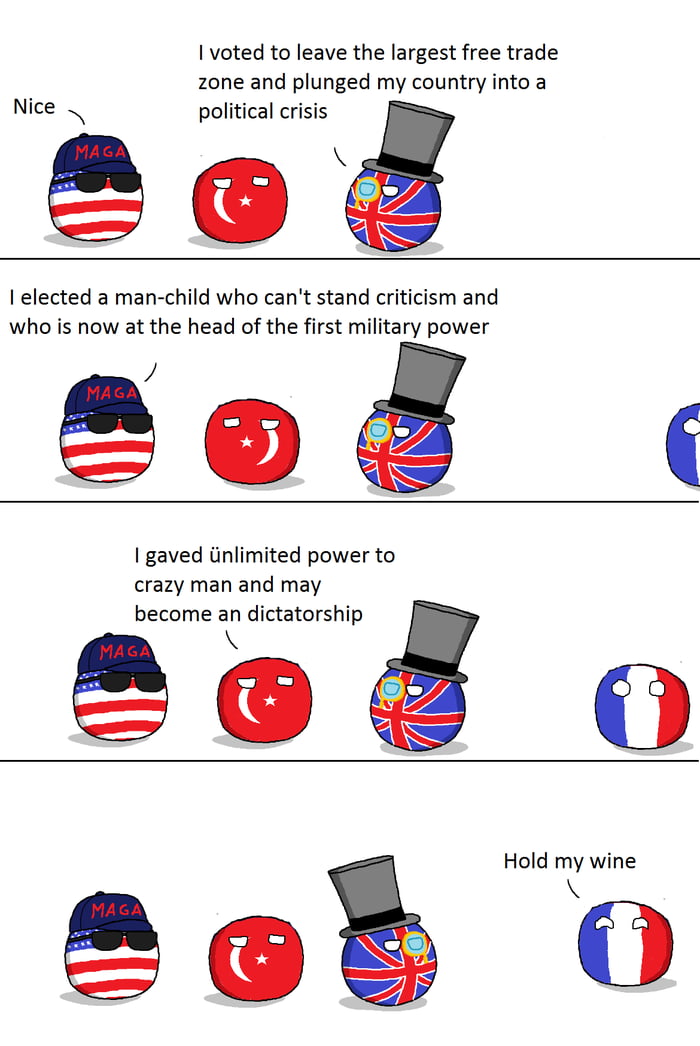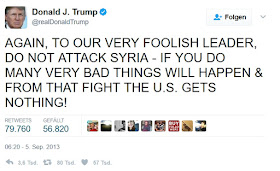.
The evidence for Turkey being a dictatorship since the failed coup d'état attempt has become overwhelming. The evidence is also suggesting that Turkey's economy will crash or stagnate over the next decade (as a whole, not every year) unless the AKP loses power.
Still, we might find ourselves in a position where Europe does NOT stay allied with Turkey (maybe not even with the U.S., for similar reasons), and Turkey instead allies with Russia (autocrats seek comfort by and cooperation with other autocrats when facing democracies).
Greece, Bulgaria and Cyprus would not be capable of bearing the deterrence and defence against Turkey on their own, stagnant or not. Serbia, Macedonia, Albania, Kosovo, Montenegro, Croatia, Slovenia and the still fractured Bosnia Herzegovina would not be huge factors either due to the small size of their economies.
I usually suppose that Poland and Germany should focus on defending the Baltic and Polish frontier of NATO/EU, and will stick to this; Germany should not reorient its military for Balkan/Greek defence, even if Turkey would turn into a threat. We might help with intelligence efforts (I expect many Turks and Kurds to seek asylum from the AKP regime in Germany in the future), but even a worst case Turkey would not be a military problem to the EU on its own. It would be so only if allied with Russia - and German military strength would still be needed in NE Europe if that's the case.
So I see multiple rather self-evident, successive strategies:
- Try to tolerate Erdogan's more or less dictatorial rule in NATO
- If this fails, try to keep Turkey neutral (if need be by tolerating them doing regional great power nonsense on their own as a bloc-free great power)
- If this fails, move on to deter if not defend against Turkey
The geography is most troublesome in this regard. It might be necessary for the UK to permanently garrison Cyprus with relatively strong forces (~ two brigades that fit the terrain) including area air defences and subsidising Cypriotic armed services (focus on wartime strength, not peacetime strength) through the EU might make sense as well. Cyprus is terribly isolated once you don't consider Turkey an ally any more.
It might also be most cost-efficient to subsidise the military budgets of Greece and Bulgaria. This could even be done through forgiving public debt of Greece instead of through direct military subsidies from the EU budget. Such subsidies would only be sensible if the fiscal freedom of action generated thereby would be used well, of course. Huge pay rises for officers, growth in staff sizes, amphibious warfare ships, purchase and operation of obsolete ships as toys and other expenses that contribute nothing to deterrence and defence should not be supported by a direct or indirect subsidy scheme.
Italy might orient its armed services (air force and corps-sized peacetime army) at the Balkans, which means that Central and West Europe would need to suffice for both first week and total reinforcement of the Baltic countries & Poland without support from Italy. This is most relevant regarding the air war, where Italy contributes good area air defences and Typhoon fighters.
Maybe a EU or NATO land combat training centre in Bulgaria with permanent presence of 2 allied brigades (rotation of personnel, maybe a total of 6-8 prepositioned mechanised brigade sets could be present*) would be a cost-efficient and welcome reinforcement.
I suppose a plan to invite the Ukraine and protect it immediately through deployment of (invited) forces worth at least an army corps to the Ukraine might be a geostrategic counterweight plan in case that Turkey turns anti-NATO/pro-Russia. It couldn't be used to deter such an outcome because this would be too escalating, risking an all-out Russian invasion of (all of) the Ukraine.
Armenia and Georgia might want Western protection when stuck between Russia and Turkey, though their involvement in a hot conflict would put them in a terrible place. They might still judge this worth it if they perceive puppet status or annexation by Russia as the alternative.
Turkey's geographical location enables it to cut off both Suez Canal shipping and (together with Egypt) Israel's maritime trade. This would - in case of Turkey as threat to rather than reliable member of NATO - create a case for powerful convoy security capabilities, primarily against air threats.
Cyprus would be an unreliable air base for operations in such a case, so there wouldn't be enough fighter support to secure such convoys, and aircraft carriers would be a terribly expensive means to change this. This creates one of the best cases for dedicated naval AAW. AAW warships like Type 45 (
UK, 6 ships), F124 (
GER, 3 ships), HORIZON (
ITA, 2 ships), F100 (
ESP, 5 ships) and FREMM (
FRA, 2 AAW version ships planned) would get a critical job after all**, though I suppose their numbers wouldn't suffice to protect more than one convoy per month. The Type 45 destroyers would not all be sent to East Med, particularly not if the British carriers operate in the North Atlantic. The same would be true of the French AAW destroyers.
 |
| EH 101 Merlin with Crowsnest AEW radar (UK) |
We would also need AEW helicopters to complement whatever AAW sensors and firepower are in such a convoy. AEW aircraft would be too endangered; they couldn't even try an emergency landing/ditching to escape missiles unless one of the extremely expensive (cost inefficient) carriers was part of the convoy.
The land defence topic is much simpler; the terrain doesn't lend itself much to rapid advances of armoured troops and the relatively short land border (only about 200 km depending on where you draw lines) allows for using overwhelming artillery firepower as the backbone of the tactical defence. Islands taken by an aggressor wouldn't need to be taken back; an Istanbul in range of howitzer HE shells would be the bargaining chip of greater value than any Mediterranean island short of (Italian) Sicily. That's not a nice statement, but it's nice that expenses in amphibious warfare capabilities are unnecessary for deterrence & defence.
- - - - -
Maybe you noticed that I didn't count
the USA as a reliable asset in Europe's deterrence and defence here.
That's because under this president it's simply no such thing, and nobody knows
the duration or long term effect of this presidency. I think of the alliance with
the USA not so much as of an alliance with a military power that helps to
deter attack on Europe or to defend Europe as of
a treaty that keeps Europe and the USA from becoming adversaries. The USA haven't been
interested in the defence of Europe and are largely irrelevant to it,
with army forces in Europe being of little value and most of the U.S.
armed forces geared towards cruise missile diplomacy and occupation
warfare on distant continents. The USAF would be of much value, but only
after 1-3 weeks of deploying and then 1-3 weeks of intel preparation
& attrition of opposing air defences before air power would take full effect on land warfare.
- - - - -
Anyway; Turkey's armed forces are 2nd rate in equipment and apparently also in skill (at best, and this might have become worse due to political purges), and 1st rate only in size (about 2/3 of Russia's military and paramilitary personnel strength). They would need a thorough modernisation and improvement over 5-10 years to become a threat. To sell them arms that we produce (and thus understand) to avoid them buying Russian (or Chinese, Pakistani) arms might be a good strategy, even though they keep using their land and air forces in questionable ways, particularly against the Kurds.
This would help step 1 and 2
- Try to tolerate Erdogan's more or less dictatorial rule in NATO
- If
this fails, try to keep Turkey neutral (if need be by tolerating them
doing regional great power nonsense on their own as a bloc-free great
power.
and wouldn't hurt step 3 either, particularly if we sell them monkey model software for electronic warfare components and put backdoors in IFF and datalink subsystem chips.***
S O
defence_and_freedom@gmx.de
*: Ideally all exercise deployments would be surprise deployments with the troops involved not knowing in advance; this would train the rapid reaction deployment (in 48 hrs, by air into Romania and by road to the depots) in addition to the skill in employing the hardware.
**: I still think that all functions of AAW destroyers could be substituted for by a distributed containerised air defence system based on the container transports that are the convoy themselves; armed merchantmen. AAW destroyers need to beat this alternative in cost efficiency to justify their existence.
***: It is much harder to investigate algorithms in chips than to investigate software code.
.











